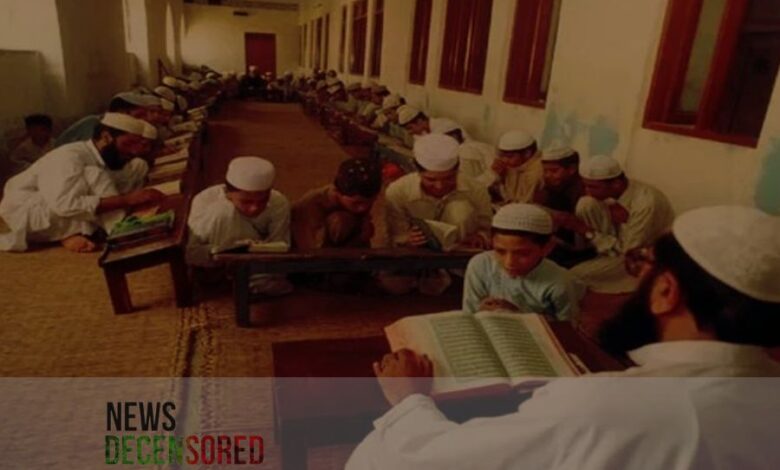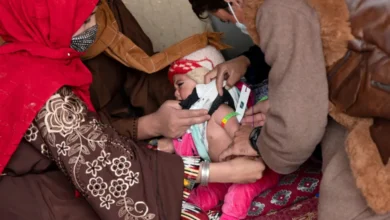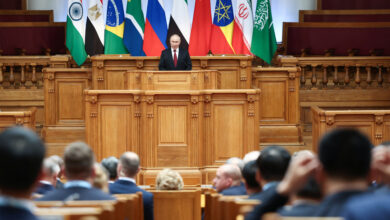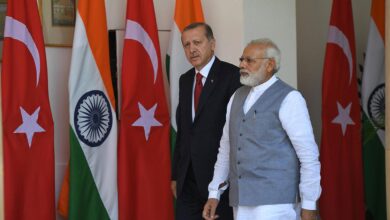Indian High Court in Uttar Pradesh has banned Islamic schools and madrasas, weeks before a nationwide election.

A court in India has banned Islamic schools in Uttar Pradesh, the most populous state in the country. This step may increase estrangement between many Muslims and the Hindu nationalist government of Prime Minister Narendra Modi before the general elections, according to Reuters reported.
The ruling issued on Friday abolishes a law passed in 2004 regarding the management of religious schools in the state of Uttar Pradesh. The ruling stated that these schools violated the secularism stipulated in the Indian Constitution, and ordered the students to be transferred to traditional schools.
Iftikhar Ahmad Javed, head of the state’s religious school education board, said the court’s decision affects 2.7 million students and 10,000 teachers in 25,000 schools. Out of the 240 million people, Muslims constitute a fifth of the state’s population.
India holds general elections between April and June and Modi’s Bharatiya Janata Party is widely expected to win elections successfully. Muslim and human rights groups have accused some members of the BJP and its affiliates of promoting anti-Islamic hate speech and vigilantism and vandalizing Muslim-owned properties.
Muslims and groups working in the field of human rights accused some members of the Bharatiya Janata Party and its affiliates of promoting anti-Islamic hate speech, preventing investigations into crimes, punishing them without legal authority, and demolishing property belonging to Muslims.
Arguing for the federal government, which was the defendant in the case, Sidhanshu Chauhan told the court that “religious education and religious instruction of a particular religion cannot be included in school education and the state government should there be no authority to create a statutory education board that grants.
The state government shall also ensure that children in the age group of 6 to 14 years are not left without admission in recognized institutions, Justices Subhash Vidyarthi and Vivek Chaudhary wrote in their order, delivered by advocate Anshuman Singh Rathkar. Granted on appeal.
Madrasa official Javed, the national secretary of the BJP’s minority wing, said that as a Muslim, he is often caught between the preferences of his party and members of his community. He said he has been receiving numerous calls from fellow Muslims since Friday’s order.
Modi denies the existence of religious discrimination in India. The Bharatiya Janata Party says the government is correcting historical errors, including the recent opening of a Hindu temple on the site of a 16th-century mosque that was demolished in 1992.
Many Hindus believe that the mosque was built in the place where King God Ram was born and over a temple that was demolished during the reign of God. Mongol ruler Babur.
Rakesh Tripathi, spokesman for the Bharatiya Janata Party in Uttar Pradesh, which runs the state government, said that the government is not against religious schools and that it is concerned about the education of Muslim students.
He explained: We are not against any school, but we are against discriminatory practices.
We are against illegal financing, and the government will decide to take further measures after reviewing the court order.




